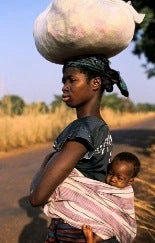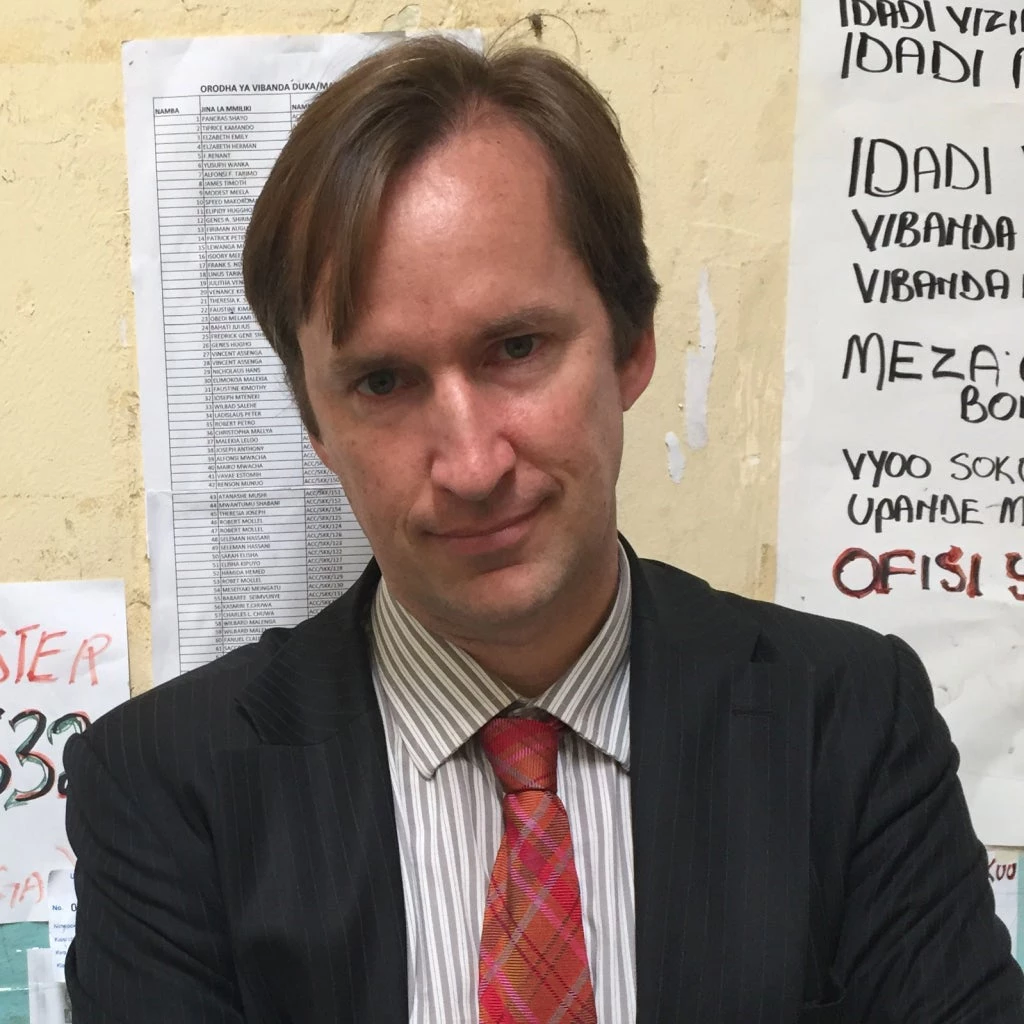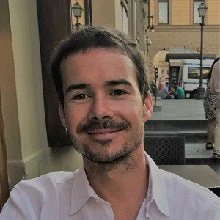 Last October, the Government of Nigeria committed to save one million lives by 2015 by increasing access to cost-effective health services and commodities, a bold goal.
Last October, the Government of Nigeria committed to save one million lives by 2015 by increasing access to cost-effective health services and commodities, a bold goal.
Crucially, the Federal Ministry of Health is coupling the scale-up of services and commodities with a focus on knowledge, using rigorous impact evaluation strategically and systematically across their programs (in partnership with the World Bank’s Development Impact Evaluation Unit and the Gates Foundation). Each evaluation adapts promising evidence from elsewhere in the world to fit the Nigerian context, letting the Government and its partners see which interventions are most effective in saving lives.
One upcoming impact evaluation focuses on pre-natal care and skilled birth attendance, comparing non-monetary and monetary incentives to keep midwives from dropping out of clinic service, based on evidence from health workers in Zambia and elsewhere that community recognition can be even more effective than cash. It also offers a conditional cash transfer to encourage women to participate in pre-natal care, skilled birth, and post-natal care, which was found to be effective in a project in India.
And it incorporates community monitoring and reporting of drug shortages at birth centers to increase transparency, a variation of which as has been shown to improve health outcomes in Uganda.
All three problems – midwife attrition, diversion of drugs, and insufficient utilization – were identified by the Federal Ministry of Health in an earlier, major midwife program. Now the Ministry is addressing these problems using interventions that have worked elsewhere and testing their effectiveness in Nigeria.
A second evaluation will examine the use of midwives, nurses, and possibly community health workers to deliver antiretroviral drugs for the prevention of mother-to-child transmission of HIV/AIDS, as well as the involvement of private providers to deliver this crucial service. A third will explore alternative distribution supply chains for essential medicines, as was proven effective in Zambia.
Beyond the Saving One Million Lives initiative, World Bank
The Government is also working with the World Bank’s Results-Based Financing Initiative to evaluate results-based financing of health care (which had significant success in Rwanda) in three Nigerian states, based on the premise that health centers and hospitals will be more productive and responsive to population needs if their financing depends on the quality and quantity of care that they provide. Pilots are currently underway, and the project’s next expansion will incorporate a rigorous impact evaluation.
This model of identifying major priorities and problems with past interventions, and then using evidence of what has worked elsewhere and adapting and testing it locally, holds great potential. With this approach, and together with its development partners, Nigeria can save the next million lives even faster.
Photos by Curt Carnemark



Join the Conversation